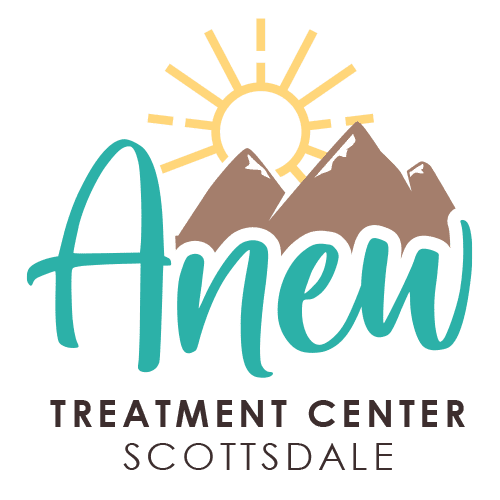What is a Group Therapy?
Group therapy is an alternative form of talk therapy that allows multiple people into a session at once in order to talk about their issues and get help.

Group Therapy
In group therapy, several people talk about their problems with one or more mental health professionals simultaneously. A therapist will lead a group of clients through meetings where they can help each other and themselves.
How Does Group Therapy Work?
Group therapy treats multiple patients from one or more healthcare facilities. You may attend therapy to seek treatment for a variety of conditions such as co-occurring disorders, emotional trauma, anxiety, depression, PTSD, and more.
Types of Group Therapy
You may consider it a treatment group since all participants have similar conditions. You may find universality in group therapy within groups such as;

How Is Group Therapy Different From Support Groups and Self-Help Groups?
A self-help group is an informal group where you and your friend may come together to address your everyday problems. A self-help group may focus on individuals but is primarily characterized by the members of the group assisting each other through various events or issues in their lives.
What Sets Group Therapy Apart?
Group therapy follows a particular group therapy structure focusing on effective therapy interventions. Imparting information in group therapy falls on all participants and then the therapist or psychologist leading the sessions will help guide participants through their mental health disorders and learn how to cope with symptoms.
How Group Therapy Works
So, what is the distinction between group therapy and other types of therapy? Most therapy options have some elements of cooperation. However, the partnership in group therapy is more formal and directed. Group therapy relies on structured leadership with power and cohesion among group members to achieve its objectives. One of the tenets is that all members work together to achieve more than they can achieve while working individually.
Even if you are more introverted, you may still need to learn how to interact with others or make an effort to improve your social skills. This treatment approach works best for extroverts. The good news is that tools to help improve group participation are usually easy to find. The tool that is used will depend on what the therapist says.
Group Treatment Variables
The following are twelve group treatment variables that are useful in developing groups:
- 1Instillation of hope
- 2Universality
- 3Imparting information
- 4Altruism
- 5Development of socializing techniques
- 6Imitative behavior
- 7Interpersonal learning
- 8Group cohesiveness
- 9Catharsis
- 10Existential factors
- 11Self-understanding
- 12Cohesiveness
What Happens During Group Therapy?
The primary purpose of group therapy is to enable you to grow and comfortably function within the group. Suppose you have anxiety; you may participate in anxiety group therapy activities or a mental health group activity for adults during the different group counseling stages.
You may then practice the results of group therapy in your life outside the group, including the behavioral corrections, growth of interpersonal and relationship skills, the learning process, coping skills, and eventually functioning well in society.
Positive Impact of Group Therapy
By the end of the therapeutic group session, you may receive the following group therapy benefits as well:
All of these elements come together to achieve group therapy that hopefully works for each participant.

Different Types of Group Therapy
Group therapy can be done in many different ways, but your therapist will help you decide on the specific techniques and mental health interventions that group members will use to reach the goals of group therapy.
Group therapy sessions common examples include:
What Group Therapy Can Help With
Mental health group therapy activities for adults may help you recover faster. Still, you can get help in other areas too. You may contact the services of a therapist for group and family therapy besides many other problems, including:
Is Group Therapy Effective?
Benefits of Group Therapy
You may benefit more from group therapy than individual therapy. Different options are available to you during group therapy as everyone has a chance to impart information in group therapy. The overall benefits of group therapy session include:
Things to Consider Before Starting Group Therapy
Most people join group therapy as a recommendation by their health caregiver. However, you need to be aware of what constitutes an effective group therapy is and what this type of therapy it is, and if you are ready to:
Get Started With Group Therapy at Anew Treatment Center
Get started with group therapy at Anew Treatment Center today. Our professional team can enhance your health, well-being, and quality of life through evidence-based group therapy techniques. You may need to move your treatment to the next level within a group. This helps you to integrate faster and better into your community.
You don't have to struggle alone while your mental health disorders that may be hoarding keep tormenting you and your loved ones. Contact Anew Treatment Center today and schedule your group therapy session
Learn More About Our Treatment Programs
Our team is ready to talk and determine how we can help. Rest assured your call is confidential. We're here for you.


